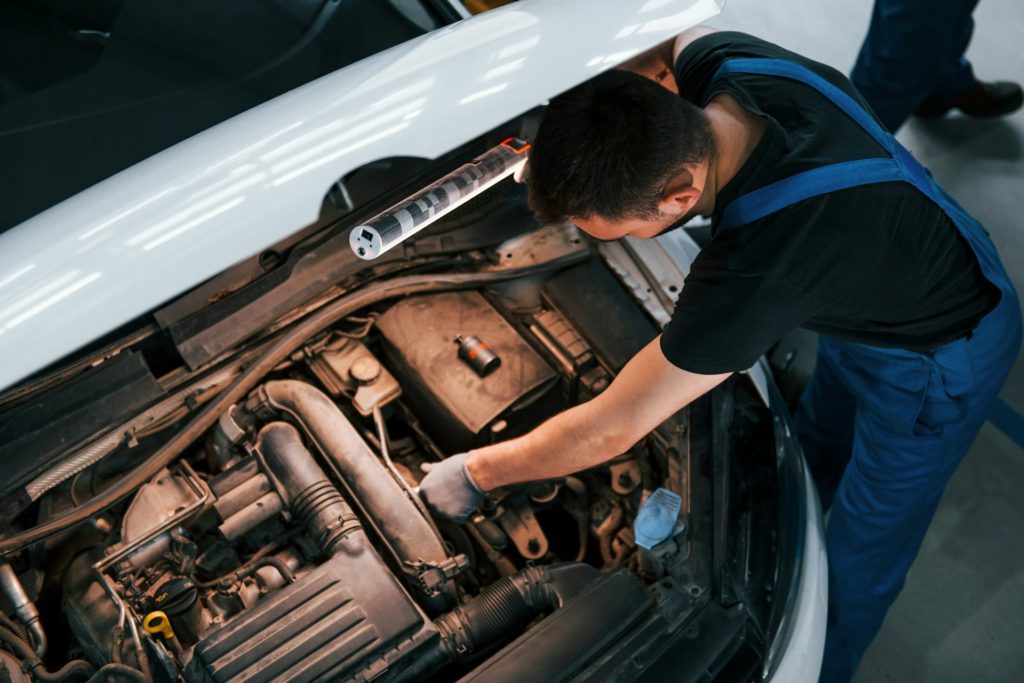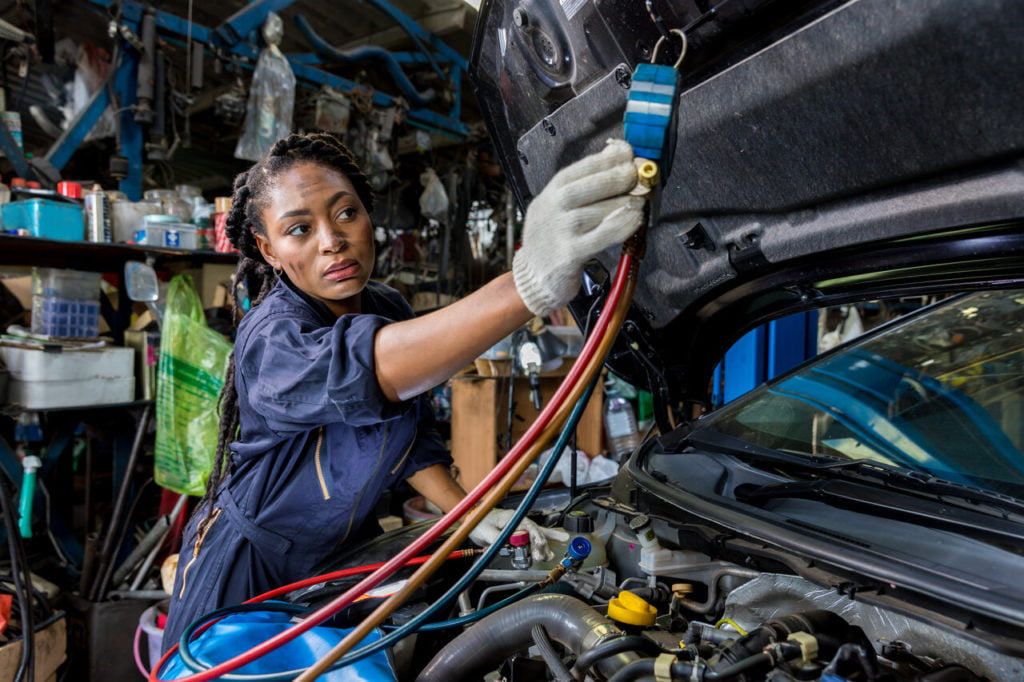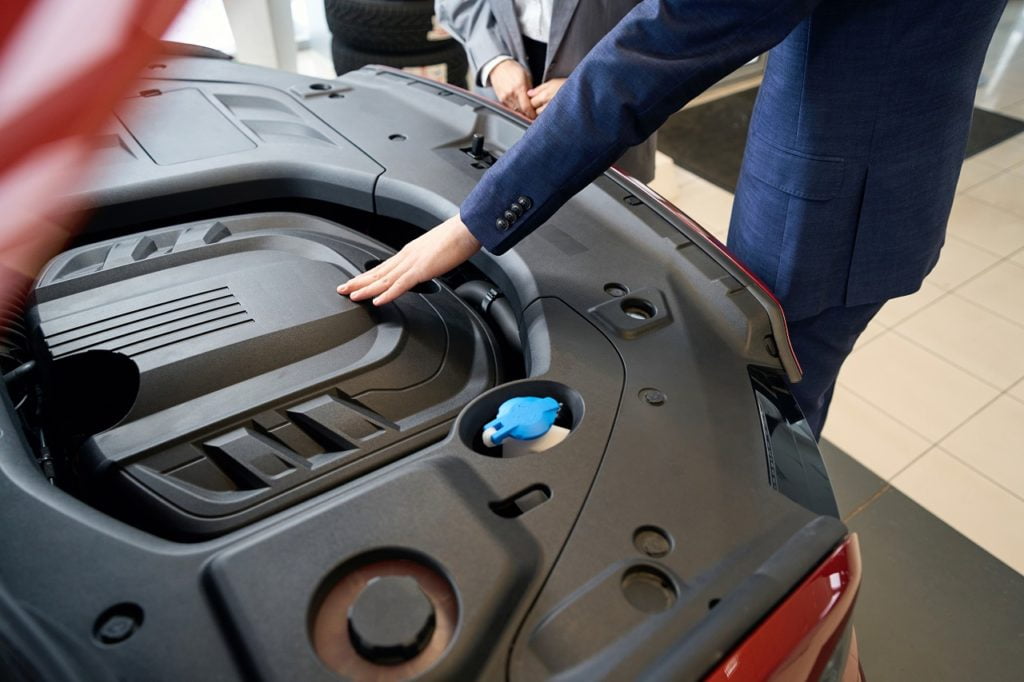The mounting challenge of plastic waste management is a reality that industries across the globe must confront. In the automotive industry, the generation of waste plastic is prolific due to the heavy reliance on plastic components in vehicle production. Consequently, the need for sustainable methods to handle this waste is more crucial than ever. Herein, plastic reprocessing emerges as a practical solution, transforming the challenge of waste plastic management into an opportunity for environmental responsibility, cost savings, and enhanced operational efficiency.
As an independent specialist plastic solution provider, Pulse Plastics stands at the forefront of this innovation, advocating for plastic reprocessing over traditional methods. We strive to offer automotive manufacturers a viable path towards sustainable waste management by forming a closed-loop system where waste plastic is reprocessed and returned for use in their manufacturing process.
Beyond environmental values, adopting plastic reprocessing closes the loop on wastage and presents an innovative approach to resource management that can bolster both the operational and financial aspects of manufacturing. Crucially, this complements the pursuit of sustainability and fosters a highly efficient and cost-effective production system for the automotive industry.
This blog will explore how plastic reprocessing can redefine waste management in the automotive industry. We will explore the benefits, implications and vital role of a closed-loop system in steering the drive towards a greener future. Stay with us as we journey through the transformative impact of plastic reprocessing in the automotive industry, fostering a more sustainable, efficient and cost-effective future for manufacturers and the environment alike.
1. Environmental Benefits of Plastic Reprocessing in the Automotive Industry
Adopting sustainable practices is imperative for any industry, especially when faced with the mounting challenge of plastic waste. The automotive sector can pave the way for greener manufacturing solutions by embracing plastic reprocessing. By converting waste plastic materials into high-quality raw materials for use in vehicle production, manufacturers can eliminate their dependency on virgin plastics and contribute to conserving valuable resources.
Moreover, reprocessing diverts waste plastic from ending up in landfills or incineration facilities, thereby reducing environmental pollution. By adopting a closed-loop system, manufacturers address the challenge of plastic waste management and actively demonstrate their commitment to driving sustainable change in the industry.
2. Operational Efficiency Gains from Plastic Reprocessing
Adopting plastic reprocessing into the automotive manufacturing process brings about several operational benefits. Manufacturers can streamline their production process by establishing a closed-loop system and ensuring a consistent, readily available supply of high-quality, reprocessed plastic materials. This approach minimises production disruptions due to material shortages and increases overall efficiency.
Furthermore, reprocessing reduces the time and resources spent on waste management. By repurposing waste plastic into valuable raw materials, automotive manufacturers can optimise their production operations while simultaneously addressing the waste issue.
3. Cost Savings and Financial Advantages of Plastic Reprocessing
Reprocessed plastics often come with a lower price tag than virgin plastics while maintaining comparable quality and performance standards.
Plastic reprocessing presents automotive manufacturers with an opportunity for significant cost savings. By turning waste plastic materials into valuable resources, companies can effectively reduce their raw material expenses.
However, to make this work, the material that is deemed waste must be separated into different polymers. If polymers are mixed, the material becomes worthless and often ends in a landfill. If time is spent and the material is divided into individual polymers, this becomes a worthwhile product and a valuable revenue stream.
Reprocessing waste plastic materials can help manufacturers avoid the expenses associated with traditional waste disposal methods, such as transportation and landfill fees. By investing in plastic reprocessing, automotive companies can reallocate these savings to other areas of their business, paving the way for continuous growth and development.
4. Strengthening Brand Image and Reputation
In today’s climate-conscious world, consumers are becoming increasingly concerned about the environmental impact of the products they purchase. Embracing sustainable practices such as plastic reprocessing can significantly improve an automotive manufacturer’s brand image and reputation, signalling a dedication to environmental responsibility and showcasing their commitment to a greener future.
Moreover, strengthening brand reputation in this manner can lead to increased consumer trust and loyalty, contributing to a competitive advantage over industry rivals who may not have adopted the same level of sustainable practices.
Navigating the Challenges of Implementing Plastic Reprocessing
While the benefits of plastic reprocessing in the automotive industry are abundantly clear, challenges in implementation must be recognised and addressed. There are three primary areas to consider:
1. Ensuring Quality and Performance: It is crucial that reprocessed plastic materials are of high quality and adhere to industry standards. Manufacturers can access a consistent supply of high-quality reprocessed plastic materials that meet their needs by partnering with a trusted specialist plastic solution provider like Pulse Plastics.
2. Integration into Existing Processes: Manufacturers must integrate plastic reprocessing into their existing production processes, which may require adjusting manufacturing operations and adopting new technologies. Pulse Plastics is committed to offering support and guidance throughout this transition, ensuring a seamless integration.
3. Shifting Perspectives on Waste Plastic: Finally, the perception of waste plastic materials needs to change—from being deemed disposable to being viewed as valuable resources. Promoting this shift in mindset will facilitate the widespread adoption of plastic reprocessing and the establishment of closed-loop systems across the industry.
Driving Change: How Reprocessing is Reinventing Plastic Waste Management in Automotive
Plastic reprocessing offers a revolutionary solution to waste plastic management in the automotive industry, providing numerous environmental, operational, and financial benefits. Automotive manufacturers can promote sustainability, enhance efficiency, reduce costs, and strengthen their brand image and reputation by implementing a closed-loop system.
To successfully navigate the challenges associated with implementing plastic reprocessing, it’s essential to collaborate with a trusted plastic solution provider like Pulse Plastics. By working together, we can drive the automotive industry towards a more sustainable and efficient future, leading the way in addressing the global challenges of plastic waste and resource conservation with our innovative plastics solutions.


